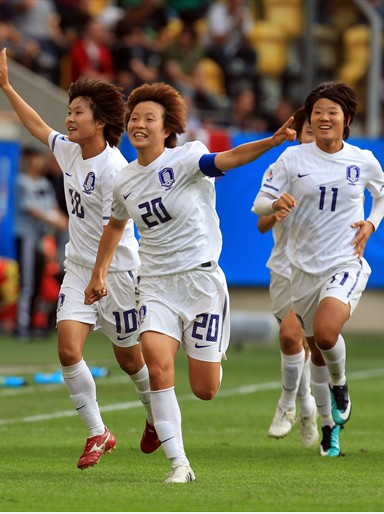Most people love music. I’m near-deaf because of it. Garage rock, classic rock, ‘90s hip-hop, alternative, Brit-pop—I listened it all, went to the shows (often, alone), collected the albums and fell asleep to it blasting from my headphones. In college, I went punk—(the commercialized type, not the scary, authentic, anti-establishment type)—but nonetheless, I shaved my head, pierced my lip and found comfort in the armpit of American rock: the mosh pit.
After my hair grew out, I spent a summer in Korea and stumbled onto the neighborhood of Hongdae, an arty pocket of Seoul that I found refreshing given how I felt about the capital: homogeneous, mainstream and much too normal—with virtually every woman wearing the same pair of crystal-encrusted sandals.
Hongdae, in 2004, was already a hub for the young, indie and alternative set; students were prevalent due to the nearby Hongik University, and because this was an art school, they dressed differently and carried portfolios rather than schoolbooks. The cafés and clubs were plentiful, but what I enjoyed most was walking through Hongdae streets, catching glimpses of pink hair or a studded collar, and falling in love with Korea even more because of it.
Seven years later, I’m excited to see this burgeoning indie music subculture break out from the confines of Hongdae. It’s going international. In this month’s Music Issue, Oliver Saria introduces readers to the atmospheric shoegaze of Vidulgi OoyoO, the electro-punk noise of Idiotape, the psychedelic rock of Galaxy Express, and the post hardcore sonic assault of Apollo 18. These bands, some of whom will tour the States, and plug in at South by Southwest in Austin and April’s Coachella Festival in Indio, Calif., are using social media—as well as vocal cords and instruments—to prove to the world that there is “more to Korean music than bubblegum ballads,” as Saria writes.
Not that we’re hating on K-pop either. After all, our cover story features pop/R&B singer Brian Joo, who has never before spoken so candidly (in English, at least) about living as a Korean American musician in Seoul. In Jaeki Cho’s story, the New Jersey-reared singer –who helped popularize R&B in Korea—talks about teen “idol” contracts, American stereotypes and why South Koreans once sent him death threats en masse.
Yes, death threats. Which, I have to say, sounds pretty punk rock to me.









